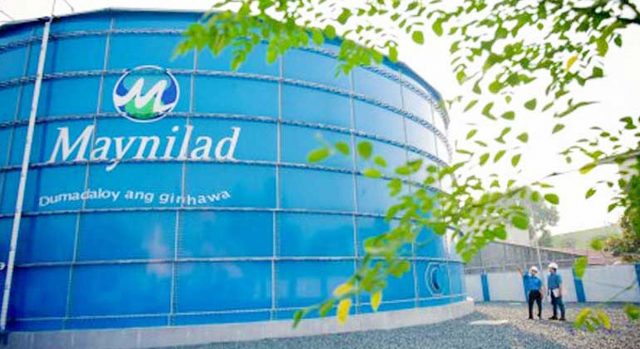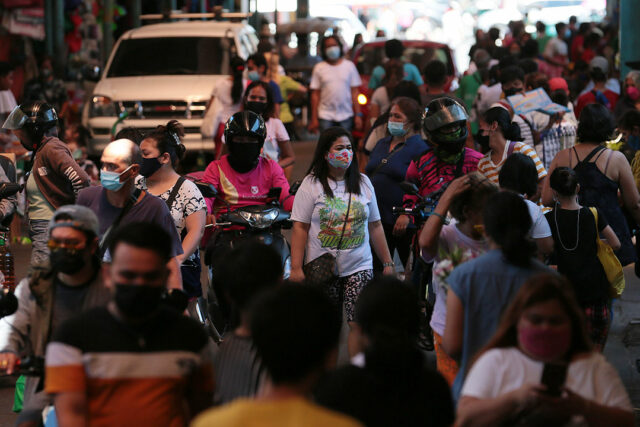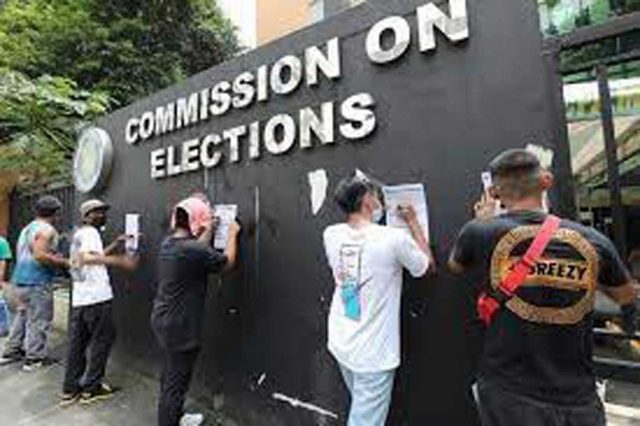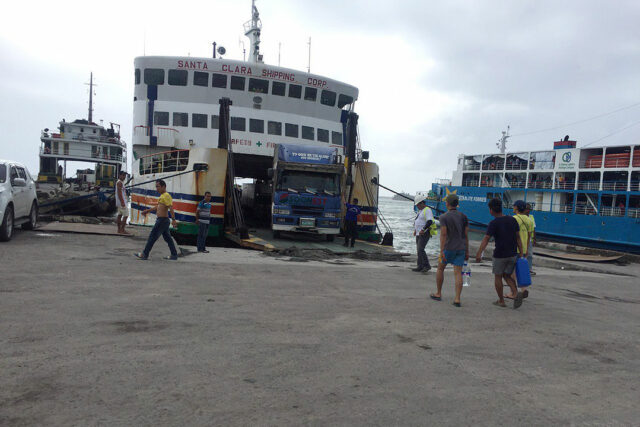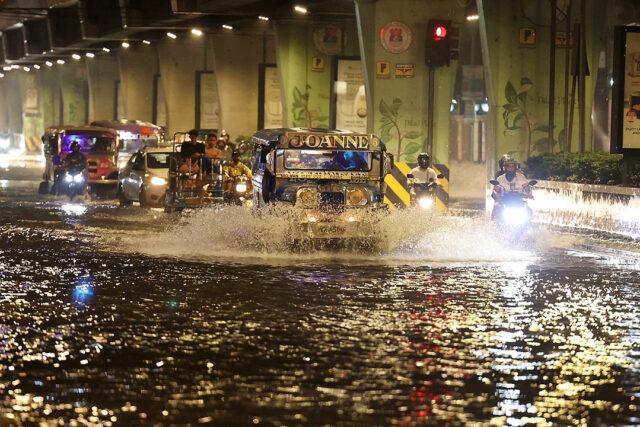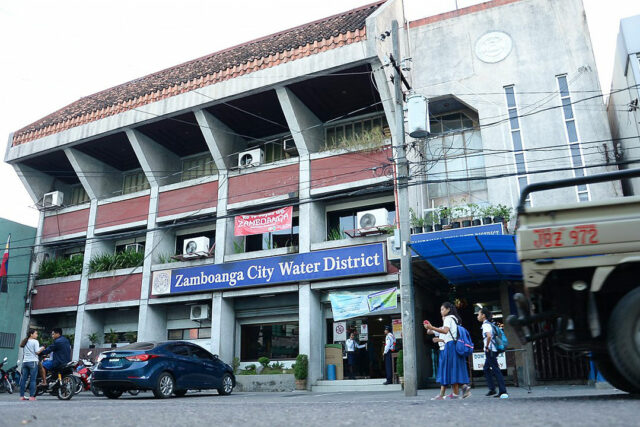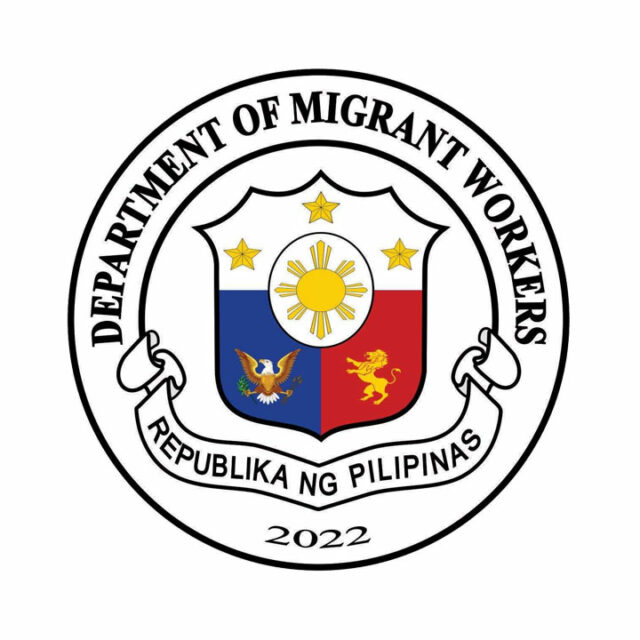By Alyssa Nicole O. Tan, Reporter
THE PHILIPPINES is looking to buy heavy-lift Chinook helicopters from the United States after scrapping a deal with Russia worth P12.7 billion pesos ($227.35 million) to avoid sanctions, its ambassador to Washington said on Monday.
The US is willing to strike a deal for the amount the Philippines was set to spend on the Russian helicopters, Philippine Ambassador to the US Jose Manuel G. Romualdez told a virtual briefing on Monday. The deal would likely include maintenance, service and parts, he added.
In June, days before President Rodrigo R. Duterte ended his six-year term, the Philippines scrapped a deal to buy 16 Mi-17 Russian military transport helicopters because of fears of US sanctions linked to Russia’s invasion of Ukraine.
“This cancellation of this contract is precipitated mainly by the war in Ukraine,” Mr. Romualdez said. “While there are sanctions expected to come our way — from the United States and western countries — obviously it is not in our interest to continue and pursue this contract.”
Russia has said it is conducting a “special military operation” in Ukraine.
Mr. Romualdez said the Chinooks would replace existing hardware used for the movement of troops and in disaster preparedness in the Philippines.
The Philippines in talks with Russia to recover its $38-million downpayment for the helicopters, the delivery of which was supposed to start in November next year, or 24 months after the contract was signed.
The Philippines is at the tail-end of a five-year P300-billion modernization of its outdated military hardware that includes warships from World War II and helicopters used by the US in the Vietnam War.
Aside from military deals, the Philippines, under new President Ferdinand R. Marcos, Jr. also wants increased economic exchanges with the US including in manufacturing, digital infrastructure and clean energy, including modular nuclear power, Mr. Romualdez said.
He also said the Philippines would ally itself with the US in case tensions with China regarding Taiwan lead to a war.
The envoy, a second cousin of the president, said the Mutual Defense Treaty with the US does not automatically tie Manila to all US conflicts. It is based more on the country’s area of responsibility that includes the South China Sea and surrounding waters, he said.
“If there is of course a major war, which we hope never happens, we are allied with the US like we were allied with them in World War II,” he said.
The treaty requires both sides to help each other in case of any external aggression.
“In any kind of alliance, obviously each country has a role to play,” Mr. Romualdez said. “We’re right in the center of everything, and that is why the United States knew that our agreements, our visiting forces agreement, our Mutual Defense Treaty are more important now than any time in the history of the world.”
“We are prepared to do our part as far as the alliance is concerned, but again we continue to push our friends, our allies to always use maximum restraint,” he said. “We all know what these things can bring and really, we’re all trying to recover from the pandemic and here’s another tension that the world does not need at this time.”
It is likely that the Philippines’ role would involve the use of its facilities, the ambassador said.
A delegation of American lawmakers arrived in Taiwan on Sunday for a two-day trip during which they will meet President Tsai Ing-wen, the second high-level group to visit while there are military tensions between the self-ruled island and China.
The trip happened less than two weeks after a visit by US House Speaker Nancy Patricia Pelosi, which prompted China to conduct air and naval drills that involved test launches of ballistic missiles as it blockaded the island in anger.
“The relevant visit once again proves that the US does not want to see stability across the Taiwan Strait and has spared no effort to stir up confrontation between the two sides and interfere in China’s internal affairs,” Liu Pengyu, the Chinese Embassy’s spokesman in the US, tweeted.
“To defend our sovereignty and territorial integrity, to uphold the basic norm in international relations of noninterference in other countries’ internal affairs, China will take resolute countermeasures in response to the US provocations,” he added.
He blamed the US for the tension across the Taiwan Strait and said it should “bear all the consequences.” China has suspended cooperation with the US in some areas and imposed several sanctions on personalities involved.
“I think taunting each other is not going to help in bringing down the tension,” Mr. Romualdez said. “Let’s hope that kind of tension will be brought down to a lower level. Nobody wants that kind of situation.”
The US has vowed to continue sending its warships and conducting air operations in the area surrounding Taiwan, while China will continue “training and war preparation” by conducting military exercises. — with Reuters

